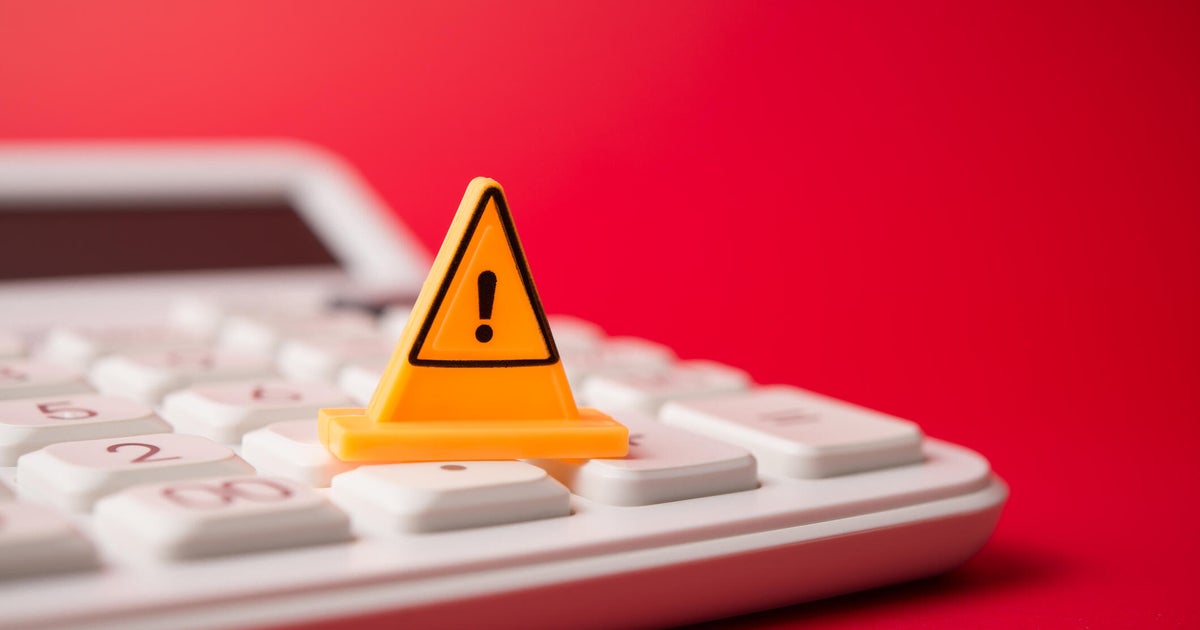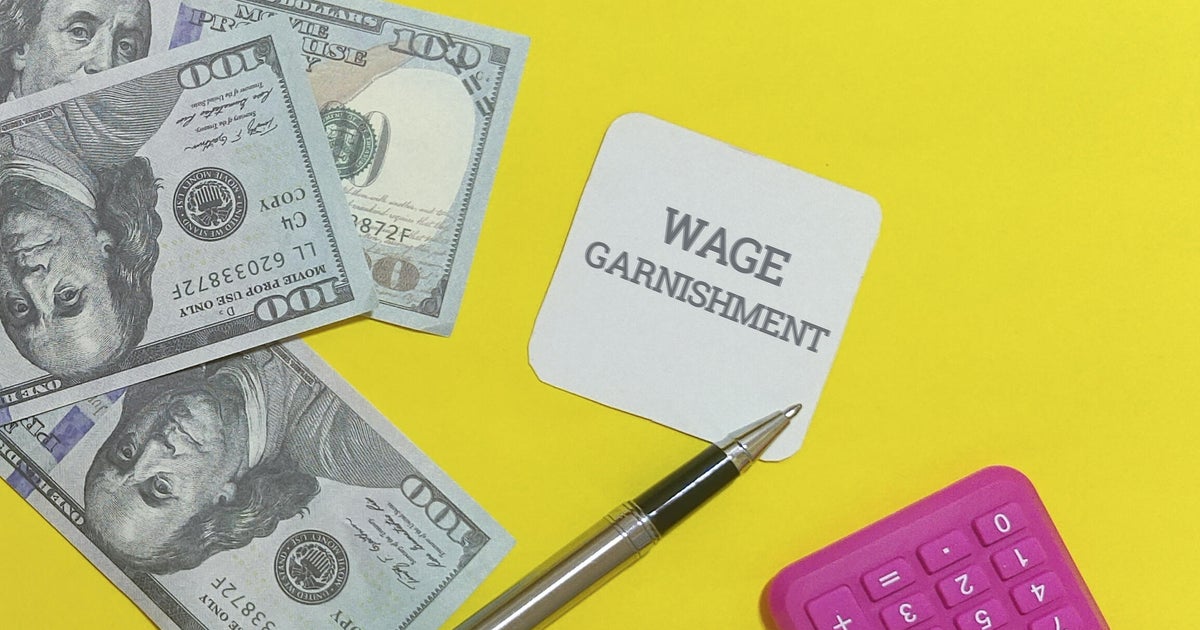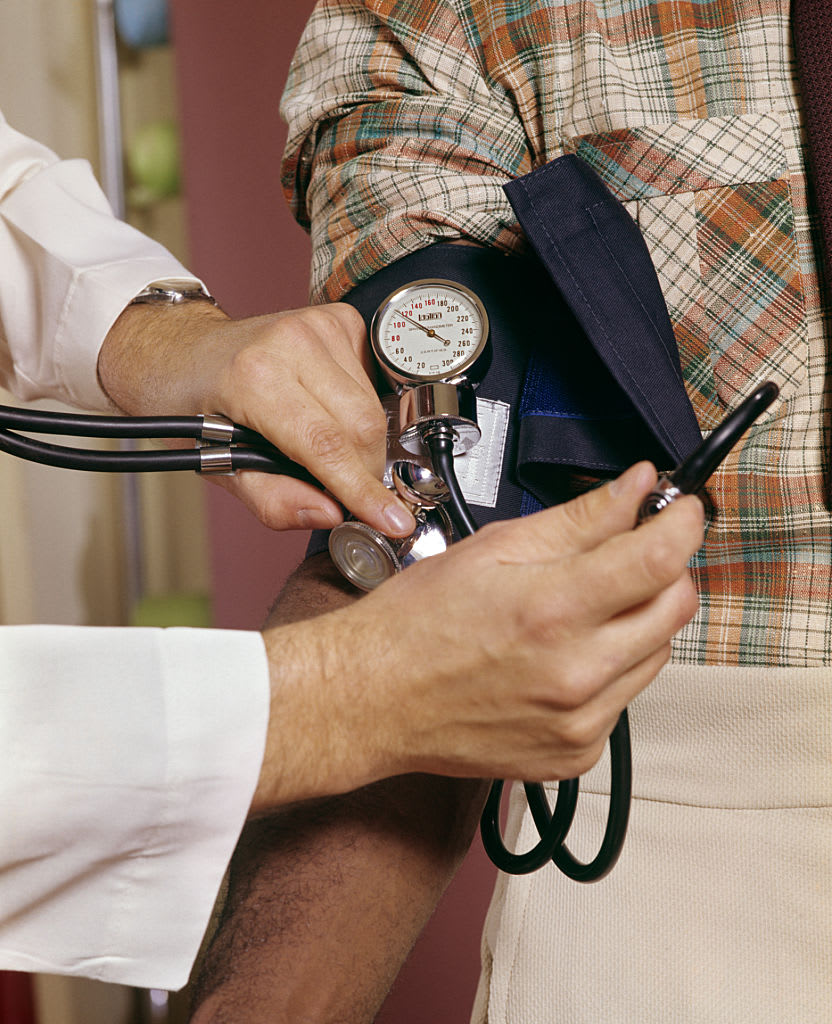Can't afford your medical bill? Here's what you can do
Sometimes all you have to do is ask. That was certainly true for Christine Kraft, a medical billing expert who helps protect patients from unreasonable medical bills. When she left the hospital owing $5,000, she asked for a discount for paying the whole balance up front.
"I asked how much and they said 10%. I took it, and when I hung up I thought, 'I should have asked for more,'" she told CBS MoneyWatch. "One simple phone call saved me $500."
Almost a quarter of Americans say they or a family member have struggled to pay a medical bill in the past year, according to the Kaiser Family Foundation. Meanwhile, health care costs are often confusing. Many patients lack the expertise to understand — let alone challenge — a health provider's billing practices.
"Medical bills are one of the most frustrating consumer experiences out there — they are up there with buying a used car because it is so opaque. Patients feel vulnerable and don't know what they are getting into until after they have received care," said Erin C. Fuse Brown, a health law professor at Georgia State University.
Perhaps not surprisingly, medical debt is a leading cause of bankruptcy in the U.S., according to the American Public Health Association.
Still, patients are't entirely powerless. Here are simple steps patients can take when they can't afford their medical bills or suspect they've been overcharged.
Ask for an itemized bill
As basic as it sounds, just asking the provider for an itemized bill, including the dollar amounts billed for specific products and services such as ibuprofen or a magnetic resonance imaging (MRI) scan, can help reduce the total cost of a doctor's appointment or hospital visit.
"It's a good starting point because often patients don't know what they are getting billed for," Fuse Brown said. "In most cases, the process of just asking won't resolve the bill entirely, but you can identify errors, like being charged for a test you were never given."
Using online tools like Healthcare Bluebook and Fair Health Consumer also lets people compare what they were charged with other health providers' rates to get a better sense of whether a bill is unfair. "You can negotiate around that," Fuse Brown said.
Check for duplicate and unreasonable charges
Between 50% and 80% of medical bills contain errors, according to medical billing experts. Mistakes include improper coding and charges for products and services that were never provided. Notably, these errors rarely benefit the patient.
"One rule of thumb is I have never seen a mistake work out in favor of the patient. Usually a mistake means they are charging you more than they should have," said Caitlin Donovan, senior director for the National Patient Advocate Foundation.
Things to look for include charges for tests that weren't given or medicine that wasn't provided.
"There can be billing errors, like you had a wellness check but were charged for a surgery. Or you brought your own medication to the hospital but you are being charged as if the hospital provided it to you," Donovan explained. "Being vigilant, and watching out is important."
Ask for financial assistance
Even a bill that's accurate can be unaffordable. Hospitals don't usually volunteer to provide financial assistance, but not-for-profit centers are required to make it available to those patients who qualify.
It's key that the patient take the initiative by asking for a discount or negotiating a deal, like Kraft, the billing expert, did.
"You can explain if you are unable to pay for the service and see what are the options available. A lot of times they offer financial assistance and can work through that process with you to see if you qualify for a charity," said Irene Filippo, a patient advocate.
Then, put together a monthly billing plan and be sure to stay on track with payments.
"You should have a number, working with your own finances, of what you can afford per month. You don't want to promise $500 and realize you can't afford that and go into collections after all this work," Donovan said.
Check your state's billing protection laws
So-called surprise medical bills can occur when a patient receives care at a hospital or other facility that is in-network, but they are inadvertently treated by an out-of-network physician. Similarly, a patient in an emergency situation might not have the capacity to select an ambulance provider within their network, leaving them with a steep bill.
Under some states' "balance-billing" protection laws, insured patients who are treated by out-of-network providers are only responsible for the in-network cost-sharing amounts. California, Connecticut, Florida, Illinois, Maryland and New York are among the states with the most comprehensive protection for patients, according to the Commonwealth Fund, a health care advocacy group (See the organization's website for more information on which states offer such legal protections.)
"If you go to an in-network facility, like a hospital, and inadvertently see an out-of-network provider in those states, you are only responsible for the in-network cost-sharing amount," Donovan said. "You'll only be charged your co-pay or co-insurance. They can't bill you the balance of the bill — they need to work that out with the billing department and your insurer, and you are not held liable for it," she added.
5. Use fundraising sites like GoFundMe
If financial help isn't available and your provider is unwilling to negotiate rates, as a last resort patients can turn to outside sources like GoFundMe for help with medical bills.
Roughly 250,000 campaigns for dealing with health care costs are set up annually on the online fundraising platform, raising total contributions of $650 million per year, GoFundMe told CBS MoneyWatch last year.
One-third of the donations made through the GoFundMe site help people pay for medical care, according to CEO Rob Solomon.
"A significant percentage of the pages within GoFundMe are medical billing-related, which is really sad and should not be the case," Donovan said.
Rarely does a campaign raise enough awareness — and money — to cover a patient's entire medical bill. But it can help.
"When looking at a large bill in a dramatic situation, anything you can get will make a big difference," Donovan said.



